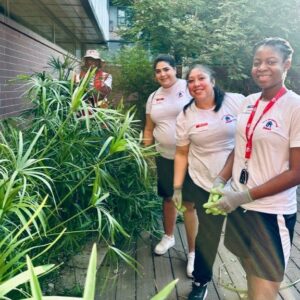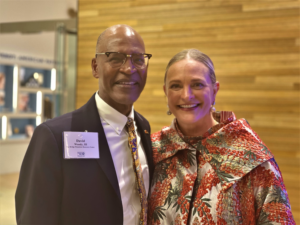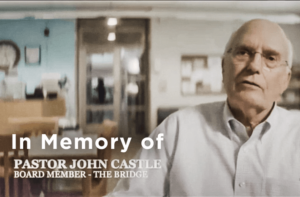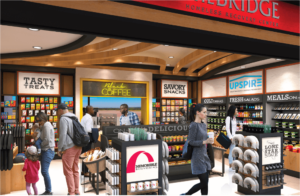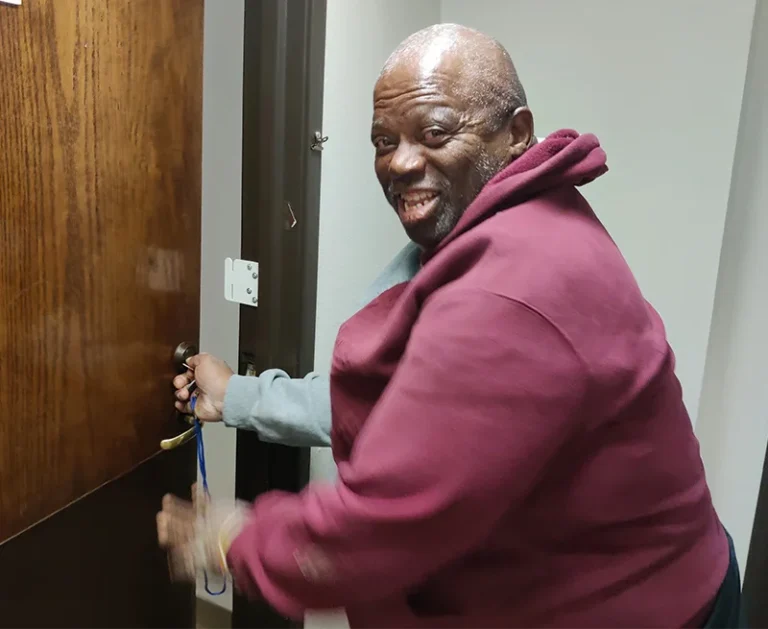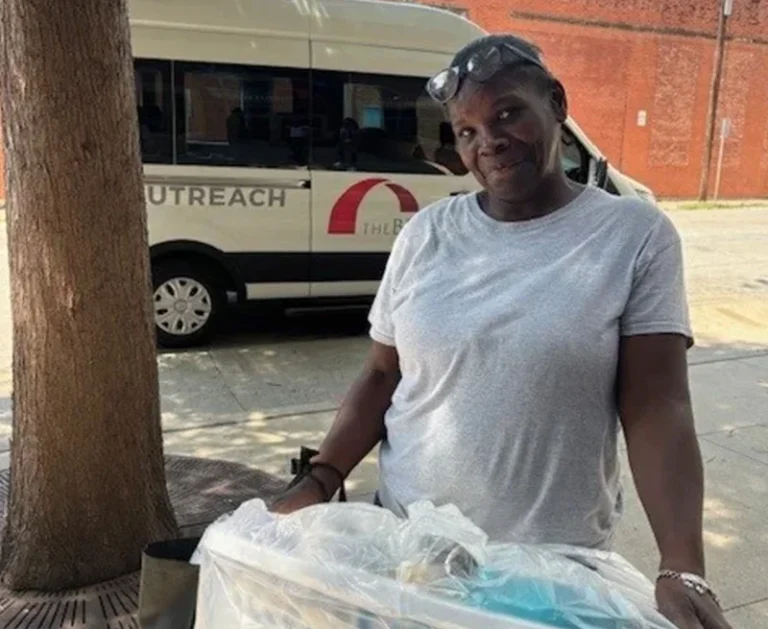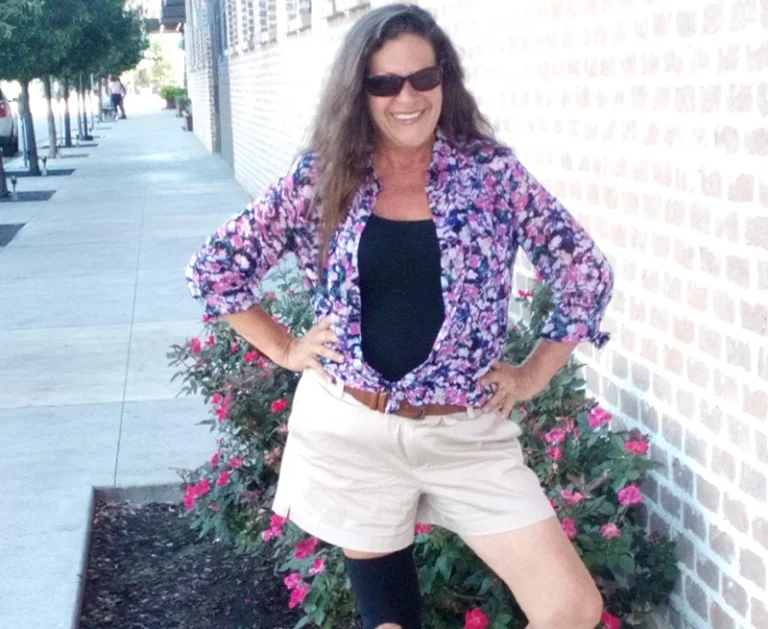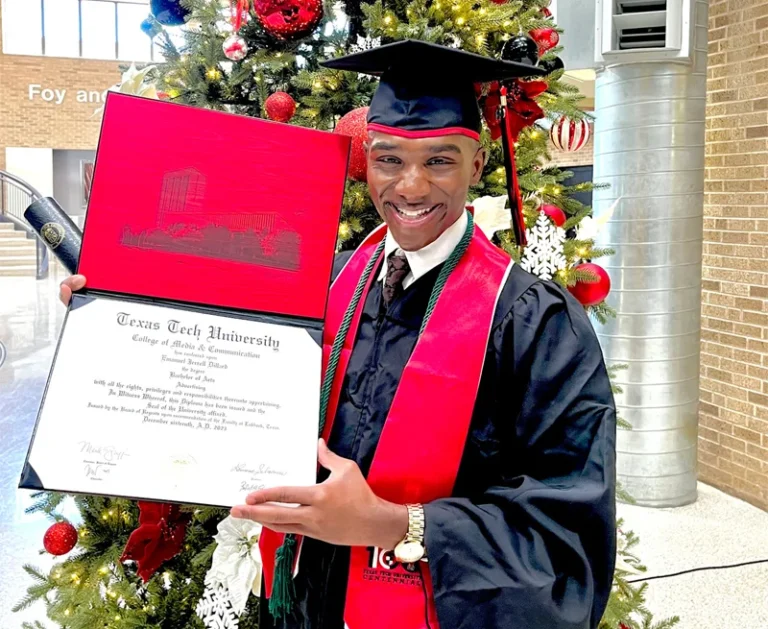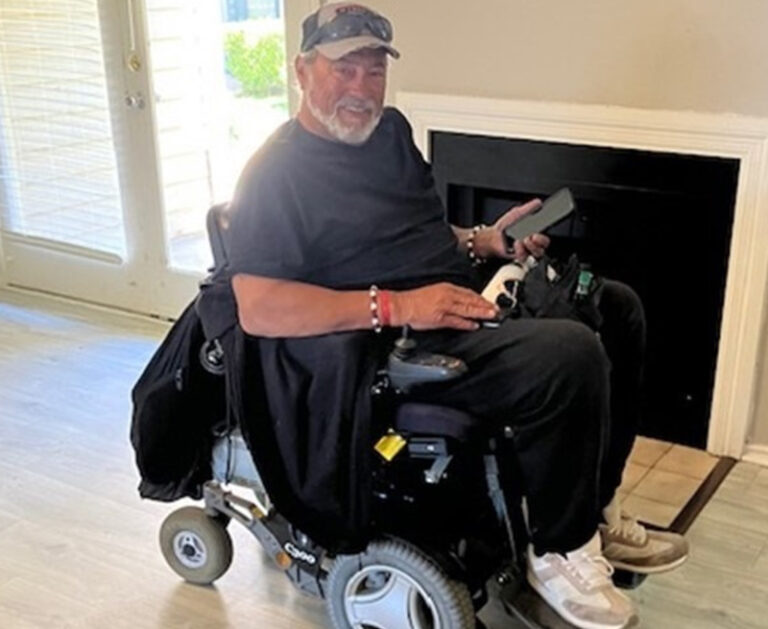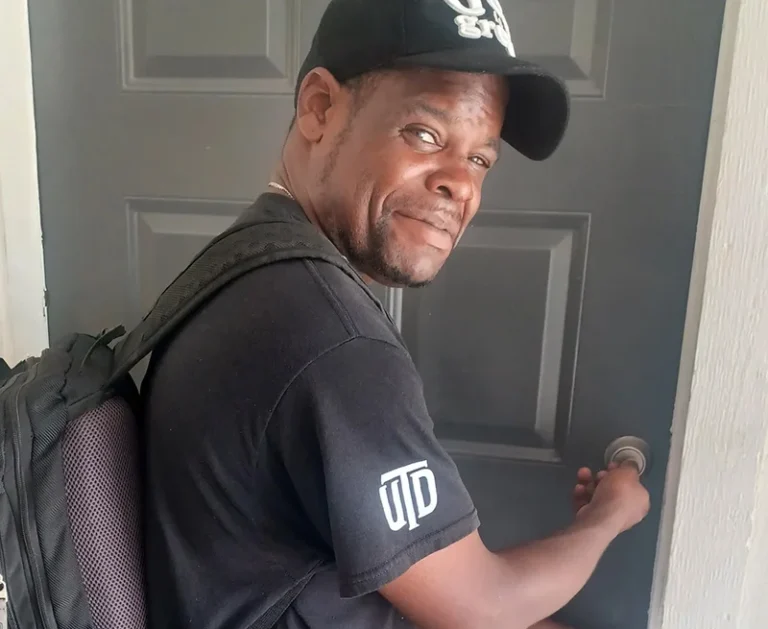The Bridge Homeless Recovery Center is asking the community to rally together once again to participate in our #BridgeMeals campaign and help raise funds to provide meals at our dining hall, the Second Chance Café.
#BridgeMeals allows us to provide our Guests nutritious meals three times a day, 365 days a year. It is a critical component of a Guest’s journey to homeless recovery. Nutritious meals keep our Guests minds sharp, and their bodies strong as they navigate finding and maintaining a job and preparing for the transition to their own sustainable home.
“Often a potential Guest is attracted to our campus through serving a meal,” Dr. David Woody, President and CEO of The Bridge shares. “And it is through the crafting of a relationship, after that meal, that we then have another Guest who can comfortably take advantage of the variety of services our campus has to offer to empower them in their journey to homeless recovery.”
Meals build bridges. As we expect to see a surplus in the number of Guests who seek services at The Bridge as a result of COVID-19, it’s important now more than ever that we have enough funds to provide meals each day to all of our Guests so they can recover and get back on their feet.
Join us. Ten dollars helps provide three meals and will feed one Guest breakfast, lunch, and dinner for a full day. Last year, 6,112 Guests received nutritious meals at The Bridge. As we prepare for the surplus of Guests needing meals in the coming months, it’s critical that we receive help from the community in reaching our goal of funding 8,700 meals during our #BridgeMeals campaign this June.
Thanks to The Bridge’s generous donors and community partners, Guests are finding their way back home.
About The Bridge: The Bridge is a nonprofit homeless recovery center in downtown Dallas that annually provides services to approximately 85 percent of Dallas County’s homeless population – last year that equated to more than 6,700 people. The Bridge provides guests with free access to critical services to help them recover from homelessness such as day and night shelter, hygiene and barbershop services, nutritious meals, primary and behavioral health care, housing and income placements, and one-on-one case management.

